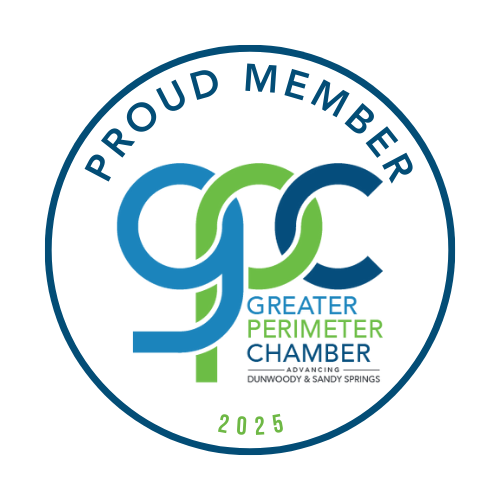Are Support Groups for Parents of Addicts Available Near Me?

Addiction is a debilitating disease that not only affects the individual but can impact the whole family. Parents of addicts may experience strong feelings including pain, agony, doubt, fear, regret and more while watching their child struggle with a substance abuse problem. Watching your child spiral out of control is especially difficult when you don’t […]
How to Learn Relapse Prevention Skills
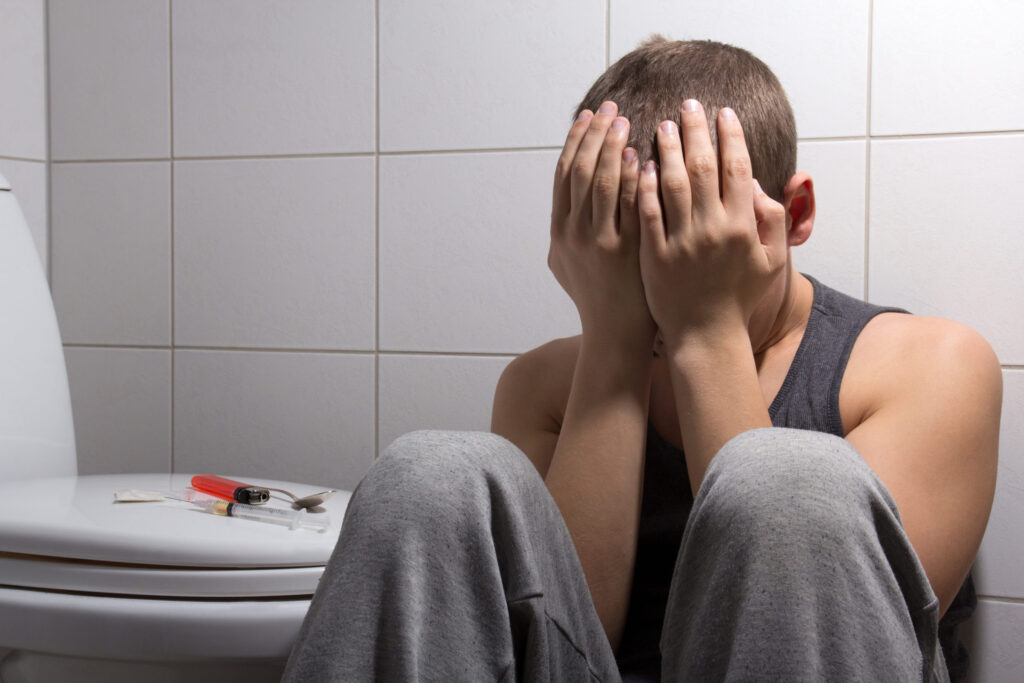
According to the American Society of Addiction Medicine, addiction is a chronic brain disease that includes biological, behavioral, emotional, physical and social aspects in combination with the inability to control substance abuse. According to the National Survey on Drug Use and Health, 19.7 million Americans struggle with some form of substance use disorder. Because addiction […]
How to Break the Stigma of Addiction
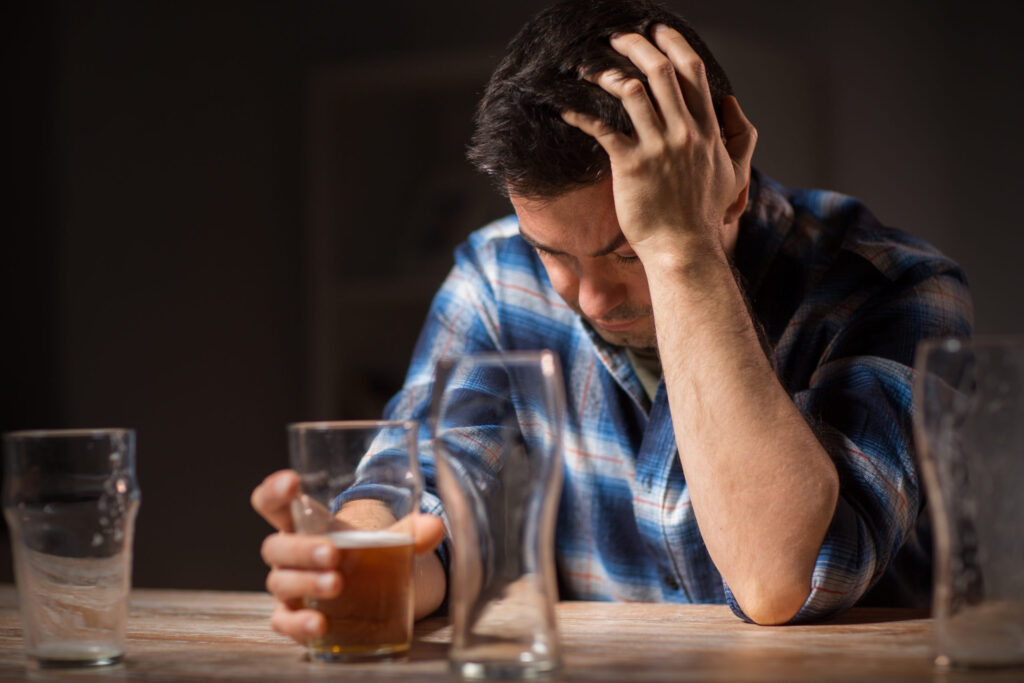
Stigma is a term that represents the complex attitudes, beliefs, behaviors, and structures that interact and may manifest prejudicial attitudes and discriminatory behaviors. Stigmas exist across the board when it comes to groups of people, types of professional industries, etc. One particular group of people who constantly face a stigma are addicts. While there is […]
What Is a Sober Living Home in Atlanta?

When thinking about life during or after addiction treatment, it may be crucial for your recovery to find an environment that promotes 100% sober living. When looking for a safe space to live that promotes sobriety post treatment, sober living homes are a great option to pursue. Here at Atlanta Recovery Place, we know the […]
Adderall Addiction: Symptoms and Signs to Watch Out For
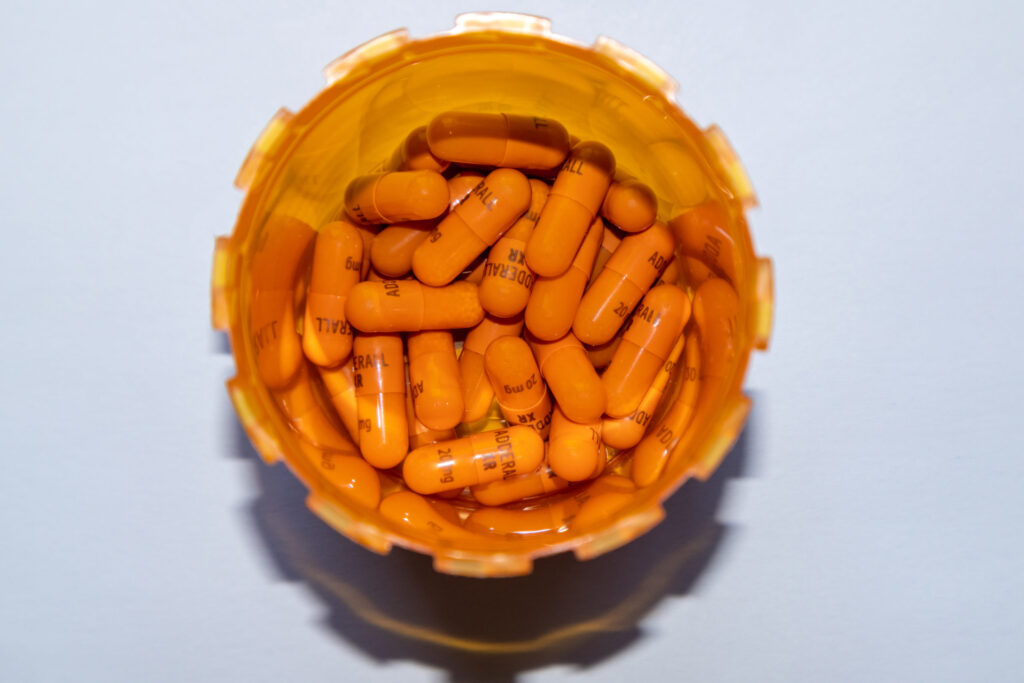
Due to Adderall’s addiction potential, someone can easily move from recreational use to substance abuse or addiction. Here at Atlanta Recovery Place, we want our clients to understand the dangers of abusing adderall. Within this article, we describe what adderall is, the signs and symptoms of Adderall addiction, how to treat an Adderall addiction, and […]
Co-Ed Rehabs Near Me

There are numerous types of rehab centers that provide inpatient rehab, intensive outpatient, and detoxification. But when it comes to looking for addiction treatment there are also other defining factors including genders, the type of substance being abused, whether or not you suffer from mental illness, and more. Here at Atlanta Recovery Place, we think […]
Why ARP Incorporates Family Therapy for Addiction Into Our Program

Battling an addiction can be a struggle for the individual experiencing the substance abuse problem, but it can also be hard on their family. Addiction is considered to be a family disease. Unfortunately addiction affects almost anyone who is involved with the addict. Family therapy is an important way to mend relationships with the ones […]
Benefits of a 90-Day Drug Rehab

Addiction is a horrible, chronic disease that unfortunately can have fatal consequences. If you or someone you know is struggling with addiction, whether it be alcohol or drugs, it’s imperative to seek professional help. There are numerous types of rehabs and addiction treatment programs available for those looking to start their journey to sobriety. Treatment […]
The Definition of DBT Therapy

DBT Therapy has many similarities to cognitive-behavioral approaches, but is also a very unique form of treatment. Here at Atlanta Recovery Place, we want our clients to explore different forms of treatment and therapy while at our facility. No two addictions are alike, which is why we offer a variety of therapies and treatment techniques. […]
The Best Rehabilitation Center in Atlanta for You

When starting the recovery process, it’s important to research treatment/rehab programs to find the one that best fits your needs. Here at Atlanta Recovery Place, we individualize our addiction treatment programs for each of our clients, fitting each of their unique needs when it comes to sobriety. We understand that each person and their addiction […]




